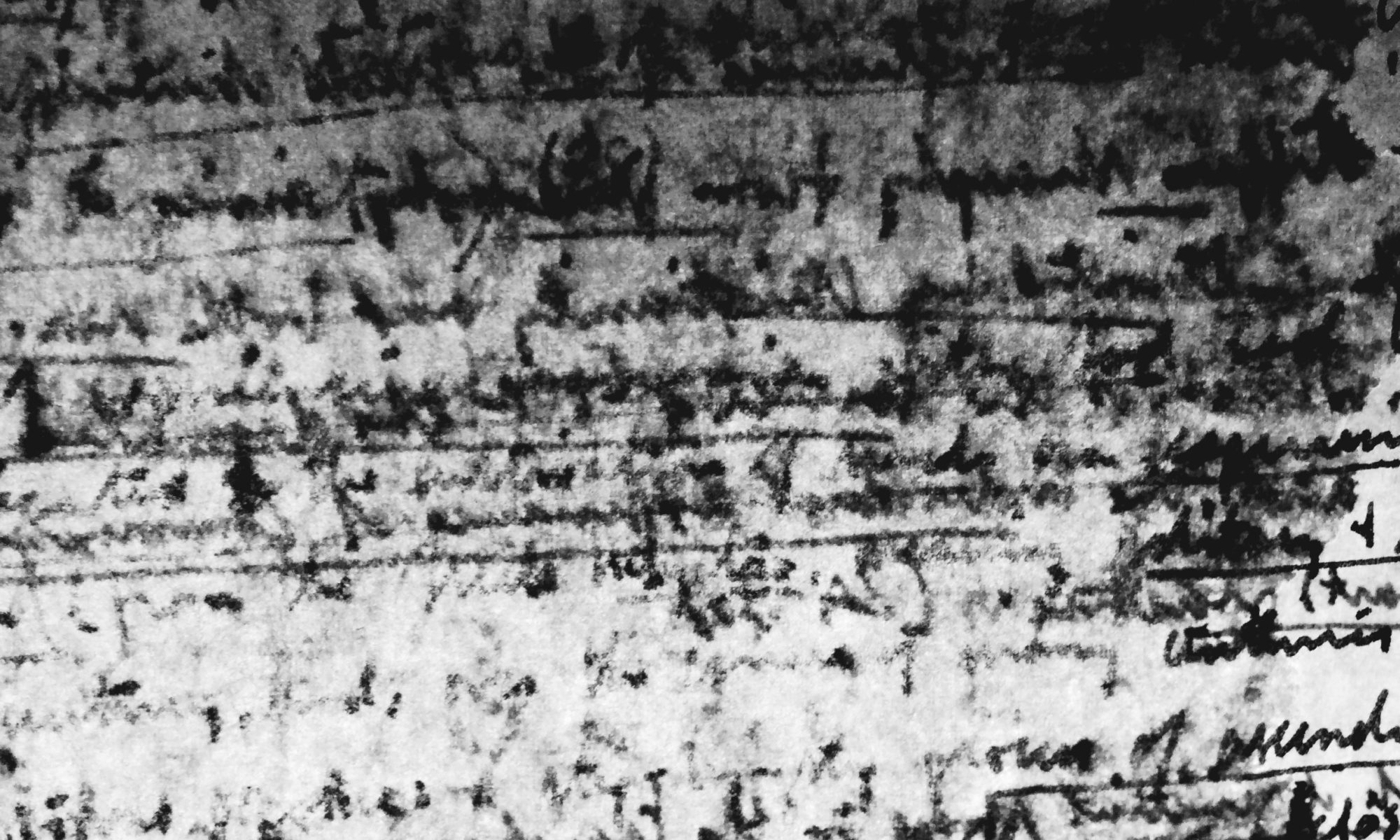With our conferences and issues, Modern Horizons strives to offer an attentive form of essential thinking about and through the various ideas and works which ground and continue to inwardly form our modern world, diverse as it may be. To these two forums we now add a third: recorded long-form dialogues. In our dialogues with a range of thinkers, makers, craftsmen, teachers, scholars, public intellectuals, and others we are interested in how one’s cultivated personal comportment in life and work clarifies and augments the elemental matters of being together and being in the world—how the different persons with whom we speak have developed their own ultimate dispositions in life. For how one lives one’s life illuminates not only convenience or necessity but also one’s desire and comprehension of what is good. When the genesis of one person meets the genesis of another, the ethos of each becomes open to change: as Mikhail Bakhtin notes, ‘a meeting with a great human being, as something that determines, obligates, and unites—this is the highest moment of understanding’. In personal conversation, one is present to more than simply words: one begins to understand the tonality of the mind and the rhythms of the voice, which are at least as important as the ideas expressed. Person-to-person dialogue includes more than is possible on the page, screen, canvas, or stage; given time and silence, space is made for things not readily apprehensible otherwise. Through formation of character, institutional and public experience, the ideas and works by which one lives, and one’s sense of the present and how what is now becomes what will be, we want to engage serious persons of our time in order to sound the depths of what we live. For each different voice may be able to show us a way through what Hermann Broch calls the ‘hypertrophic calamity’ of our modern world. With these dialogues, we seek not only to focus on the ideas which inform our time but more directly the struggle with ideas which over time forms our own personhood and cultural worlds.

